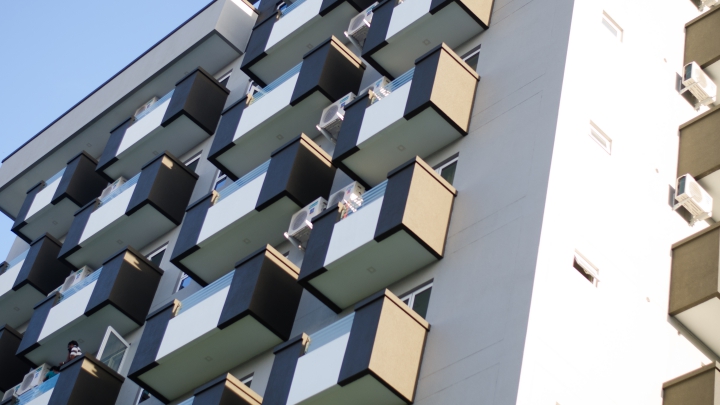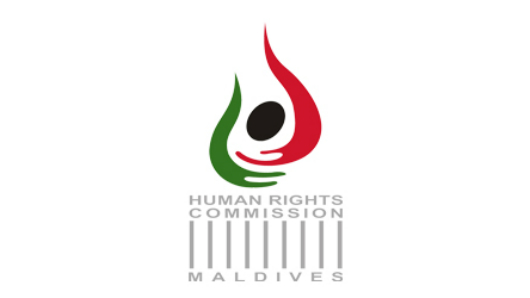Would-be candidates are already setting out their stalls for the parliamentary by-election in Meemu atoll Dhiggaru after the seat’s previous incumbent was jailed for 25 years yesterday.
Ruling party MP Ahmed Nazim, a former deputy speaker of parliament, was found guilty on Monday of defrauding the state of MVR 1.4 million (US $91,400) and sentenced to 25 years.
Members of both the ruling Progressive Party of the Maldives (PPM) and the opposition have expressed an interest in replacing him in the Majlis (parliament).
Among these are Maldivian Democratic Party (MDP) member and Meemu atoll Muli island councillor Ibrahim Zaki, ruling party member and Meemu atoll councilor Moosa Naseer, and Adhaalath Party spokesperson Ali Zahir.
“I have decided to run for Dhihgaru constituency and I will apply as soon as the elections commission gives notice,” said Ali Zahir.
Elections must be held to fill parliamentary vacancies within 60 days under the constitution.
Meanwhile, the MDP has condemned Nazim’s conviction, saying several aspects of the process violated his rights.
“The lower court and the High Court threw out the case. So the state had appealed to the Supreme Court to overturn the ruling. But instead the Supreme Court ruled on the case,” said MDP MP and spokesperson Imthiyaz Fahmy.
“So literally Nazim did not have a chance to defend himself,” Imthiyaz added.
He noted that former defence minister Mohamed Nazim, accused of plotting to assassinate President Abdulla Yameen, and ex-president Mohamed Nasheed, accused of terrorism over the arrest of a judge, received shorter sentences than Ahmed Nazim.
“[They] were charged with more serious crimes. So I don’t see the fairness in this conviction,” he said.
“It seems that the courts had all ruled in favor of Nazim when he was in favor with the government. But after his spat with [Tourism Minister Ahmed] Adeeb, the courts had turned against him,” Imthiyaz said.
Nazim, an ex-deputy speaker of parliament, was found guilty of defrauding the state by submitting bids on behalf of non-existent companies to supply 15,000 national flags to the now-defunct atolls ministry.
He faces three more outstanding corruption charges.


